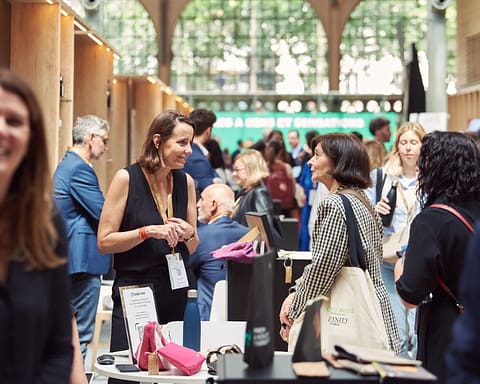The world’s leading luxury group LVMH is moving some of its headquarters from Hong Kong to Shanghai. The objective is clear: to develop luxury sales in the country’s mainland market. The latter, which is more promising, involves several fast-growing cities beyond Shanghai, such as Chengdu, Guangzhou and Shenzhen.
While the luxury goods industry has been performing well in China since the end of restrictions, LVMH has chosen to transfer its resources out of Hong Kong. This move reflects the declining interest in the province, which was once the most important commercial center in Asia.
The world’s leading luxury group wants to focus more of its investments in booming metropolises such as Shanghai, Chengdu, Guangzhou and Shenzhen.
Indeed, according to unnamed sources familiar with the matter, Hong Kong is losing its importance in the region. The group’s local headquarters, as well as the regional headquarters of some brands, have already been moved to Shanghai and some senior executives have been transferred to the mainland.
The group declined to comment and referred to the company’s recent earnings announcements.
Falling sales
The financial hub that is Hong Kong has long been a luxury shopping mecca for mainland tourists attracted by its lower prices and wider range of products.
However, in 2019, that changed when months of anti-government protests kept many visitors away. And a year later, the pandemic also hit China hard, isolating it from the rest of the world. Deprived of customers, major retailers began to close their stores in Hong Kong’s most upscale areas.
For LVMH, which owns brands such as Louis Vuitton, Christian Dior and Tiffany & Co, the post-Covid recovery has been much slower in Hong Kong than elsewhere. The luxury conglomerate thus expects a stronger sales trend in the mainland market, with total spending doubled from pre-crisis levels.
Attractive shopping malls
China’s reopening has spurred the rise of shopping malls such as Hainan Island and the Macau gaming center, which may further erode Hong Kong’s importance.
Duty-free sales in Hainan more than tripled to 49.5 billion yuan ($7.2 billion) in 2021 from 2019, according to analysts at Bloomberg Intelligence. Even during last year’s strict Zero Covid policy, sales were still more than double pre-pandemic levels, and the island province is well-positioned to benefit from policies aimed at boosting spending within China.
Similarly, Hong Kong’s neighbor Macau is also emerging as a booming luxury destination, able to offer lower prices and a broader vacation experience to mainland tourists. Visitor arrivals recovered to about 62 percent of 2019 levels during this month’s Easter vacation – compared with 44 percent for Hong Kong – building on a tourism boom during the Lunar New Year vacation in January.
Read also >LVMH reports strong rebound in China, slowdown in U.S. in first quarter
Featured photo : © LVMH




































